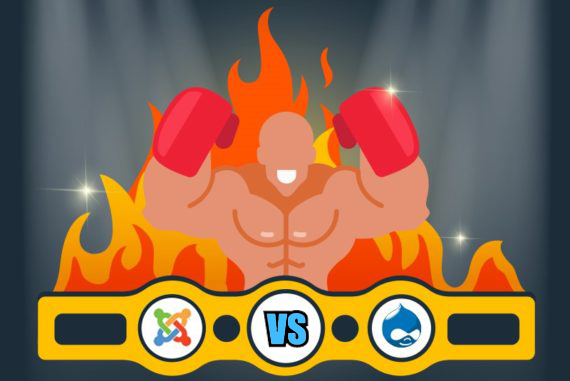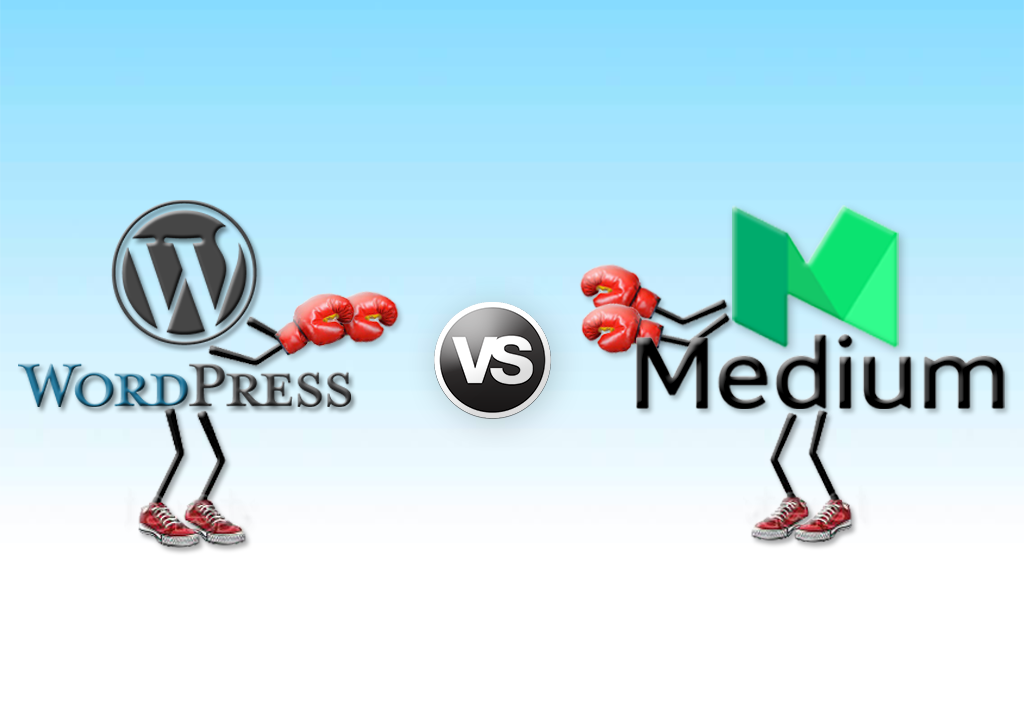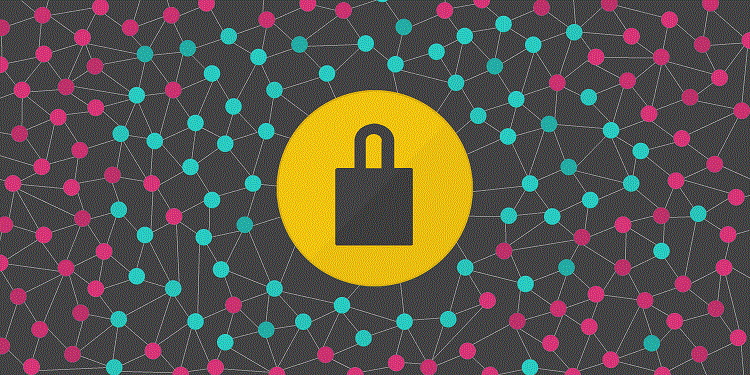Content Management Systems (CMS) are being liked by many because of the simple use and drag and drop options it provides. The best websites today are powered by easy to use CMS that allow you to make changes to a website without needing to touch a single line of code. And that’s the reason why many CMS came into the market with some great building options but only a few of them survived. In this blog post, we are going to take down some factors that differentiate two of the major CMS in the market Joomla vs Drupal.
If you want to get a new, powerful website online, but can’t wait around or shell out the big bucks ($3k+) required for a custom site, look no further than these three options.
Joomla and Drupal both offer great features, tons of customization, ease-of-use, and strong security.
And yes, they both are free.
Choosing the right one can be difficult because they both are good options.
But chances are, one of these two will fit your requirements the best (whether it’s making a simple business website or running a social networking site with several functions).
Let’s see how they compare to find the perfect choice for you.
Quick Seek:
- Joomla – Great for e-commerce or social networking websites, but requires a basic understanding of technical skills.
- Drupal – The most difficult, but also the most powerful. It requires a familiar understanding of HTML, CSS and PHP.
Joomla vs Drupal Comparison Chart
Choose which one suits your needs better, Let’s move to our in-depth review.
Drupal (More Robust & Complex)
Drupal is the third most popular content management system available today, used by sites both large and small.
It’s among the most powerful open sourced options available, which means it’s learning curve is also a bit steeper.
Here’s where Drupal excels:
- Technically Advanced – Drupal is the most technically advanced of these three content management systems. Good for technical people who like to get their hands dirty.
- Improved Performance – Drupal pages typically load more quickly, and have faster response times than those made with WordPress or Joomla. Part of the reason is because it’s less resource-intensive, requiring a less expensive server or hosting setup. (However like with all CMS, adding too many third party plugins can bog down performance.)
- Customizable – Drupal is easy to customize with many widely available plug-ins, themes and other configurable options to choose from. You can also edit the root files directly, perfect for those developers who need to make more significant changes.
- Free – You can download the Drupal software for free, and install it on your own hosting server. If you don’t which host to use, use this best web hosting chart.
Drupal is the most powerful content management system out of the box. But with that power comes some additional difficulties for the website owner.
Anyone considering Drupal should have at least a basic knowledge of HTML, PHP and other common web programming languages. You don’t need to be an expert necessarily, but being able to troubleshoot error messages and identify code problems will be a HUGE benefit.
If your website begins to gain traction, evolving beyond a simple business site or site, you’ll need to have (or hire) technical expertise to make sure it continues to run smoothly.
Which can be a bit of a problem, because it’s typically a little harder (and more expensive) to find someone with advanced knowledge of Drupal’s steep learning curve. Whereas it should be much easier and less expensive to find someone relatively tech-savvy to help you make basic WordPress updates.
Also, unlike WordPress.com, there is no option to have a website hosted by Drupal themselves. That means purchasing your own domain and hosting is required before getting started with a new Drupal site.
Joomla (Somewhere Between WordPress & Drupal)
Joomla is the second most popular CMS. It’s like the compromise between WordPress and Drupal.
It’s powerful enough to run most websites without any problems, and it doesn’t require the same level of technical experience to run as Drupal either.
As the second most used CMS (behind WordPress), Joomla also has a lot of plug-ins and themes available to choose from (around 6000 or so) similar to both WordPress and Drupal. So customizing the look and feel of your site shouldn’t be a problem.
Here are a few more reasons Joomla might be ideal for you:
- Social Networking – Joomla makes creating social networks of all three options. Social networks can be a powerful asset for many sites, and with Joomla, you can have one up and running extremely quickly and easily.
- Commerce Sites – Joomla also makes setting up an online store quick and painless. You can setup eCommerce shops with both Drupal and WordPress, but it tends to require more effort and special customizations.
- Not too Technical – Joomla has found the middle ground between the ease of managing a WordPress website and the power of a Drupal site. The good news is that most non-tech savvy people should be able to run a great Joomla site without needing any technical support.
- Help Portal – Joomla offers a great help portal for asking questions and getting technical support. It’s not fast or extensive as WordPress’ community-based support pages but is definitely quicker (and cheaper) than Drupal’s technical support options.
- Free – Like both WordPress and Drupal, Joomla is another free option to use on your own web servers. However similar to Drupal, there is no option to have it hosted for free like WordPress offers.
Joomla users love that their websites can do or be almost anything, without sacrificing ease-of-use. Joomla has brilliantly combined the power and flexibility Drupal has to offer, while also retaining the intuitive, user-friendliness that WordPress excels at, making it a perfect middle ground in a crowded marketplace.
What’s Your Choice?
Everyone will say their content management system is the best. Both are excellent choices in most cases.
But your own unique scenario will require different capabilities, which probably makes ONE of these two CMS options the perfect fit.
If you have high hopes from day one that your site will grow significantly, requiring extensive features and unlimited customization’s, take the plunge with Drupal.
Undecided whether to go with making a simple blog site or an extended featureless more extensive website for, or need something unique like a social network or eCommerce site, Joomla might be the best bet.
Both the platforms are free.
Each offers a variety of helpful third-party tools to add unique features to your site.
And you’ll find readily available technical support with each one (although Drupal’s might be among the most expensive).
Wrapping Up:
Whether it is Joomla or Drupal, they both has a variety of features and being used by many according to their use. Now, it’s up to you whether you want some complex heavy set of a website or some not so complex simple and easily customizable website. Both has their cons and pros depending on what purpose they are being used for. Choose for yourself!
And to extend the knowledge bank, you can also read WordPress vs. Medium – Which Is The Better Choice and How To Improve SEO In 2017.
And of course, how can we forget WordPress in 2017 – Trends To Be Followed





